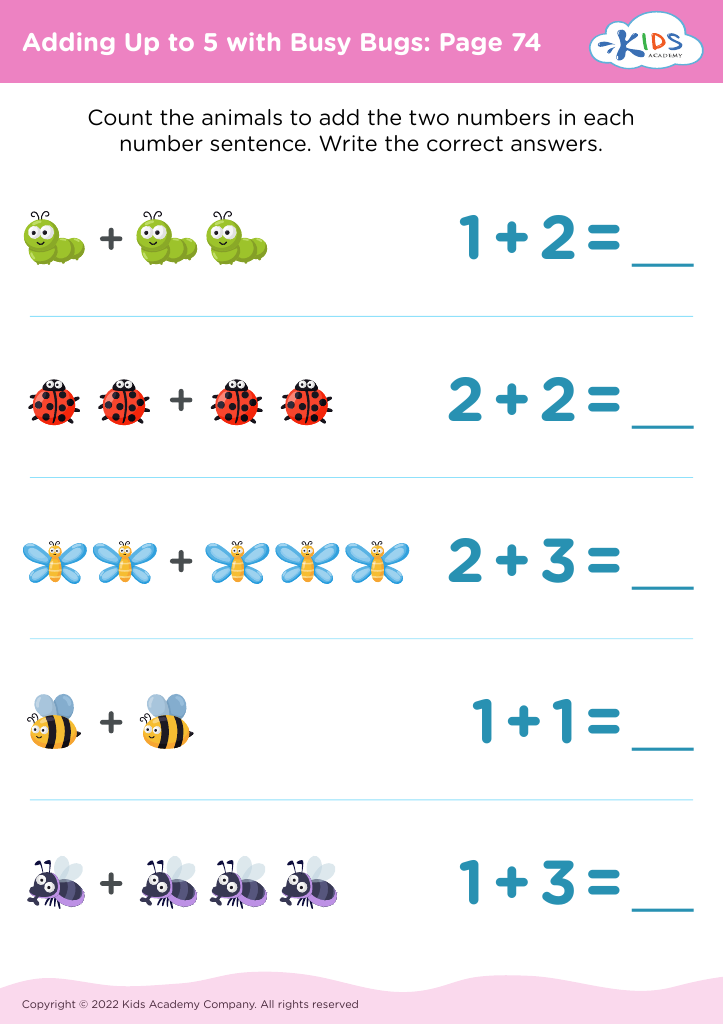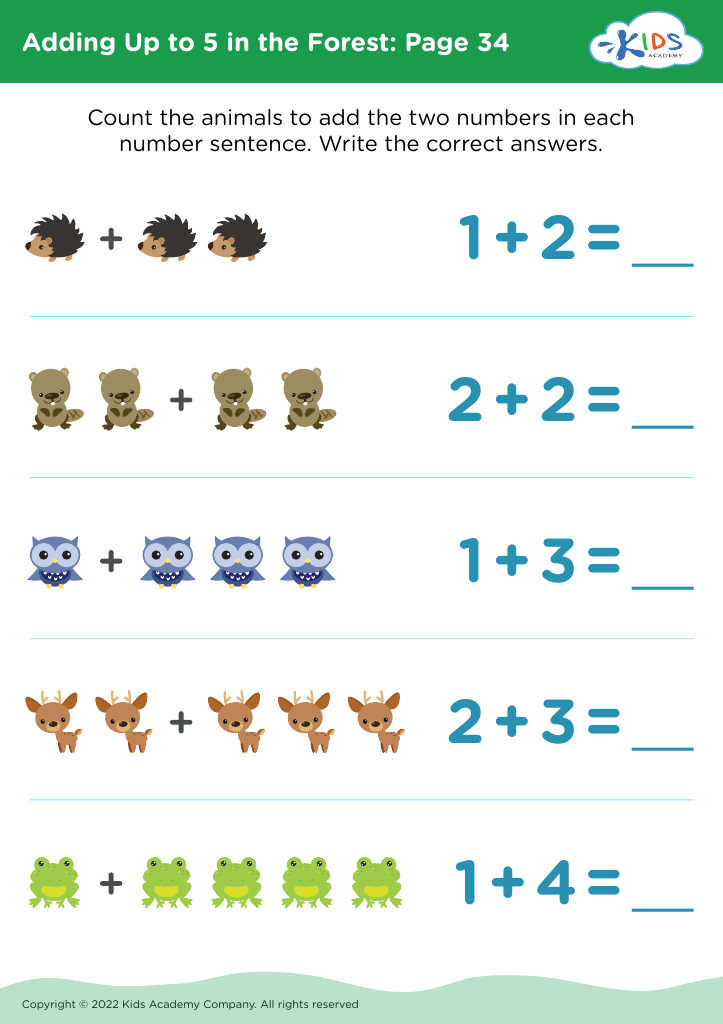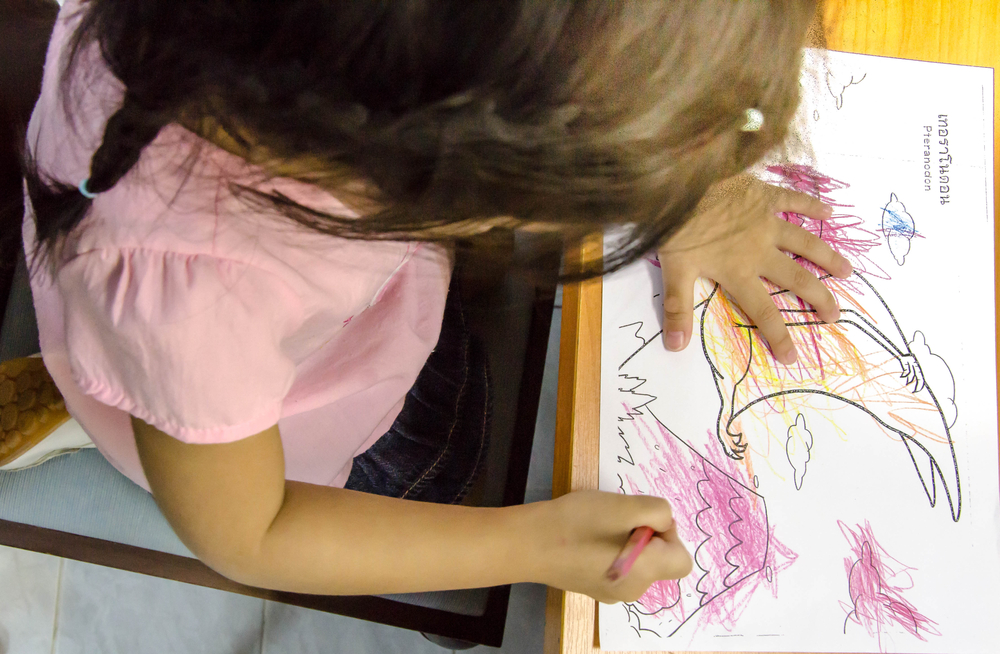Fine motor development Math Worksheets
7 filtered results
-
From - To
Discover engaging "Fine Motor Development Math Worksheets" designed to enhance early math skills and hand-eye coordination. Perfect for preschoolers and kindergarteners, these worksheets provide fun, interactive exercises that improve number recognition, counting, tracing, and basic arithmetic while boosting fine motor control. Each worksheet combines educational activities with creative tasks such as drawing, coloring, and cutting, to keep young learners excited and motivated. Ideal for classroom use or at-home practice, these resources support cognitive growth and dexterity through structured play. Give your child a head start in math and fine motor development with these expertly crafted, kid-friendly worksheets.
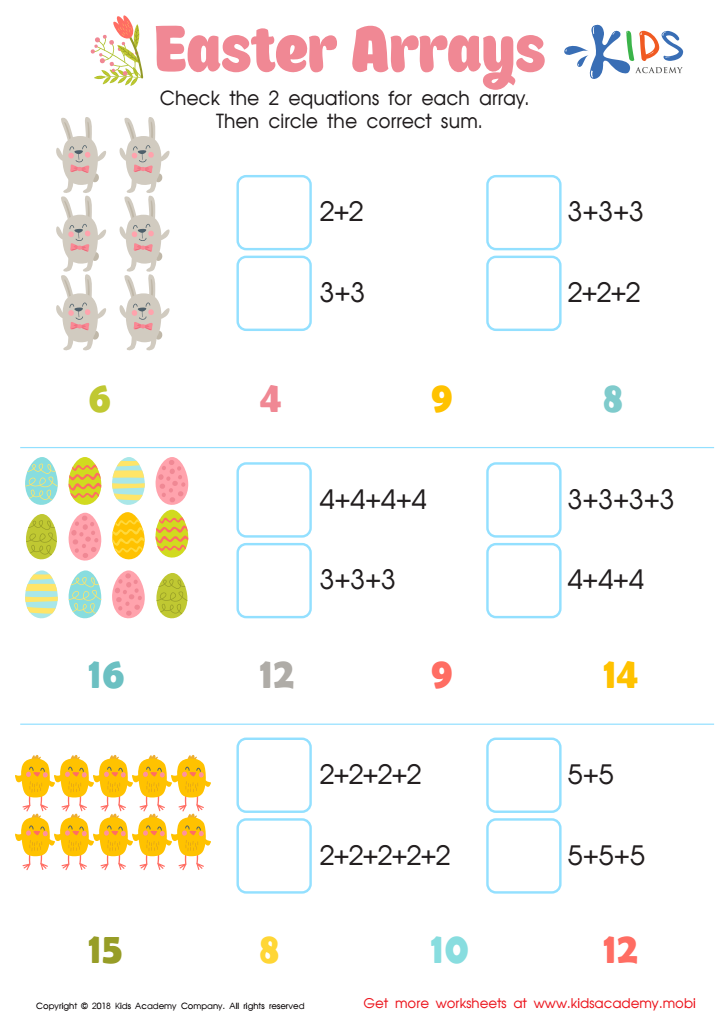

Easter Arrays Worksheet
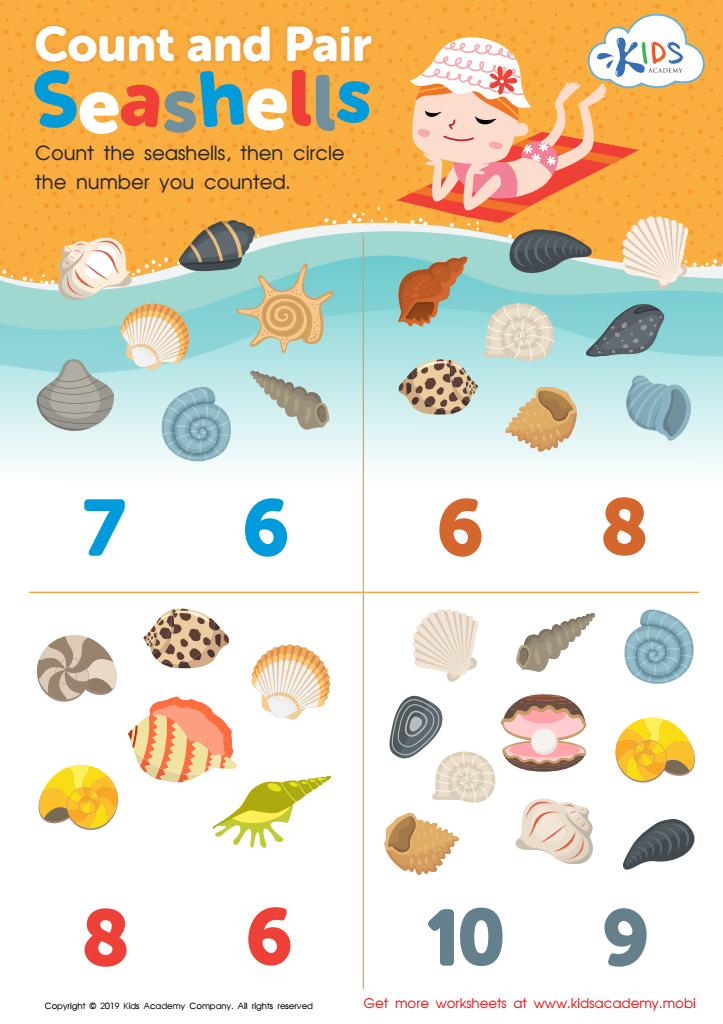

Count and Pair Seashells Worksheet
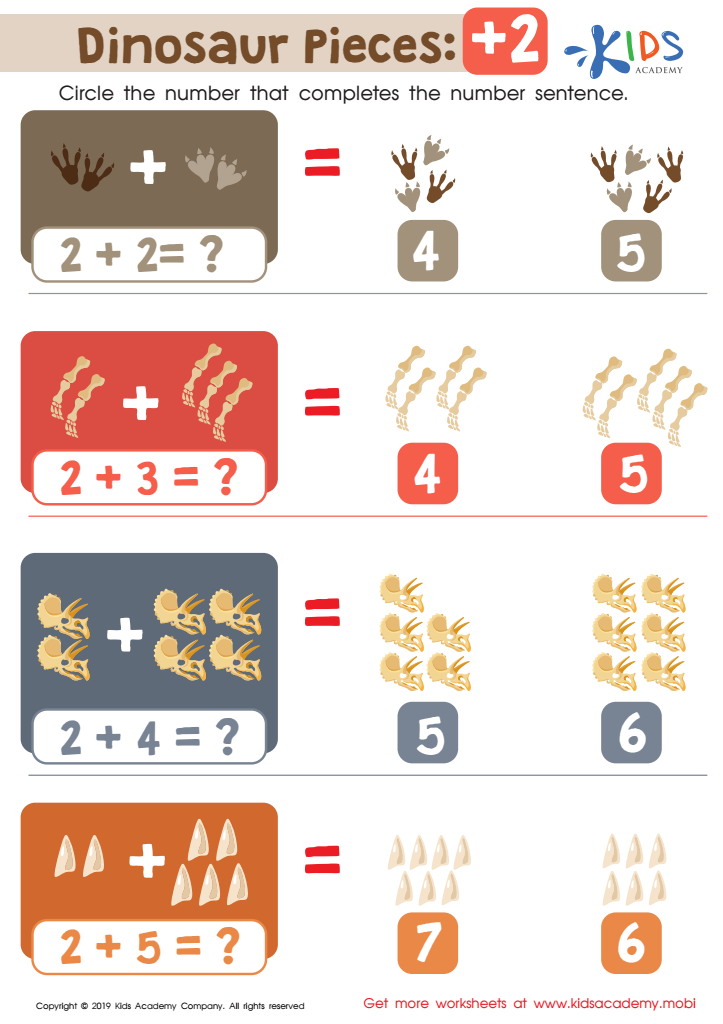

Dinosaur Pieces: +2 Worksheet
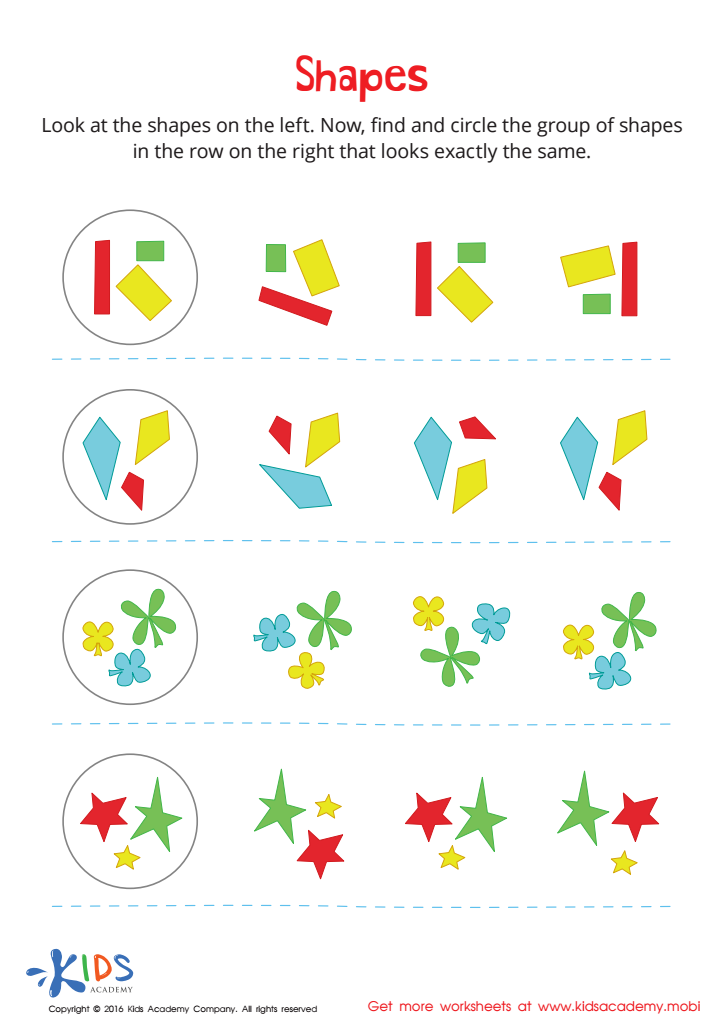

Shapes Worksheet
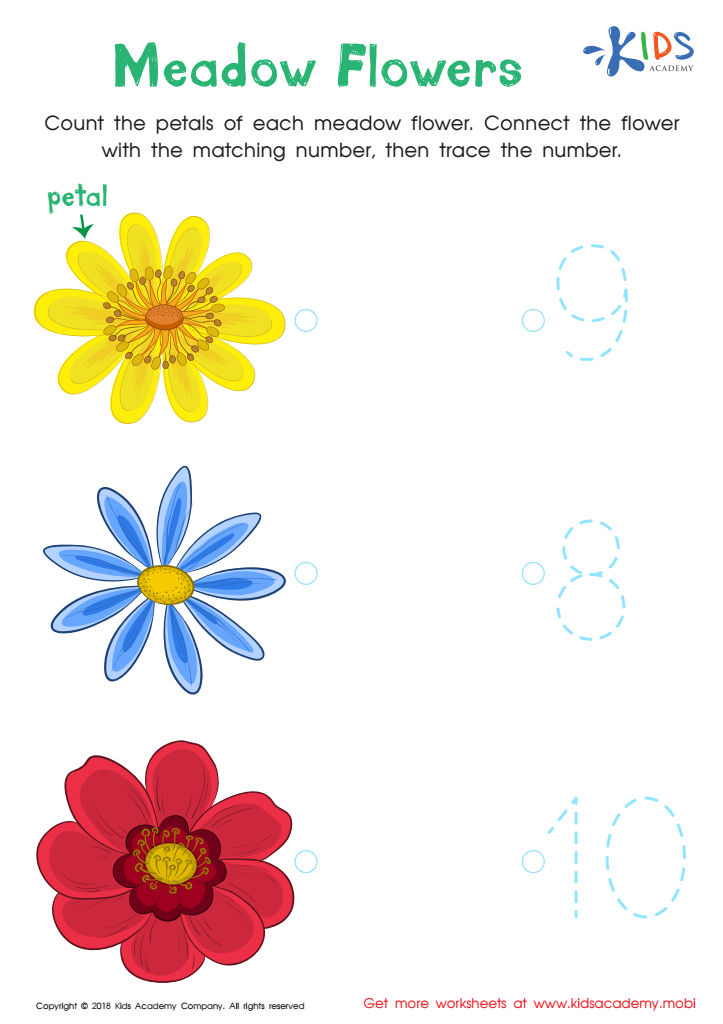

Kindergarten Number Tracing: Medow Flowers Worksheet
Parents and teachers should care about fine motor development in math because it significantly impacts a child's ability to engage in and perform mathematical tasks effectively. Fine motor skills involve the coordination of small muscles in movements—usually of the hands and fingers—that are crucial for a variety of math-related activities.
For instance, the fine motor ability to hold and manipulate a pencil is essential for writing numbers and solving math problems on paper. Skills like cutting shapes with scissors, stringing beads to understand patterns, and moving small objects to teach counting concepts, all depend on fine motor dexterity. These activities help build a child's understanding of math in a tangible, hands-on manner.
Furthermore, fine motor development supports cognitive functions related to mathematical reasoning and problem-solving. When children effectively handle objects, they can better visualize and internalize complex concepts like shapes, sizes, and spatial relationships, enhancing their overall grasp of mathematical principles.
Neglecting fine motor development can lead to frustration and reduced engagement in math activities, potentially hindering a child's mathematical progress and confidence. By prioritizing fine motor skills, parents and teachers can create a solid foundation, fostering a positive attitude towards math and thereby bolstering academic success and day-to-day problem-solving skills.
 Assign to My Students
Assign to My Students

